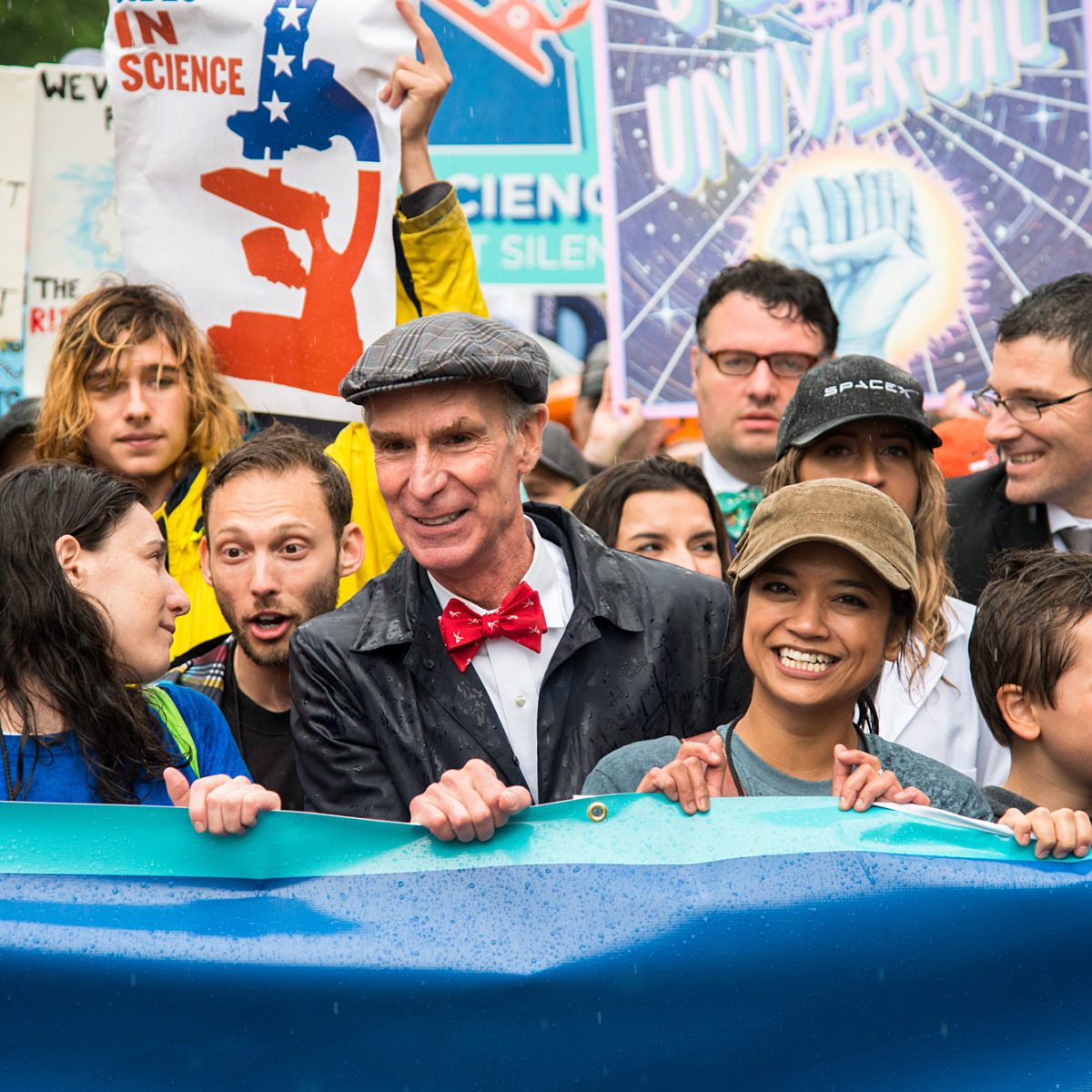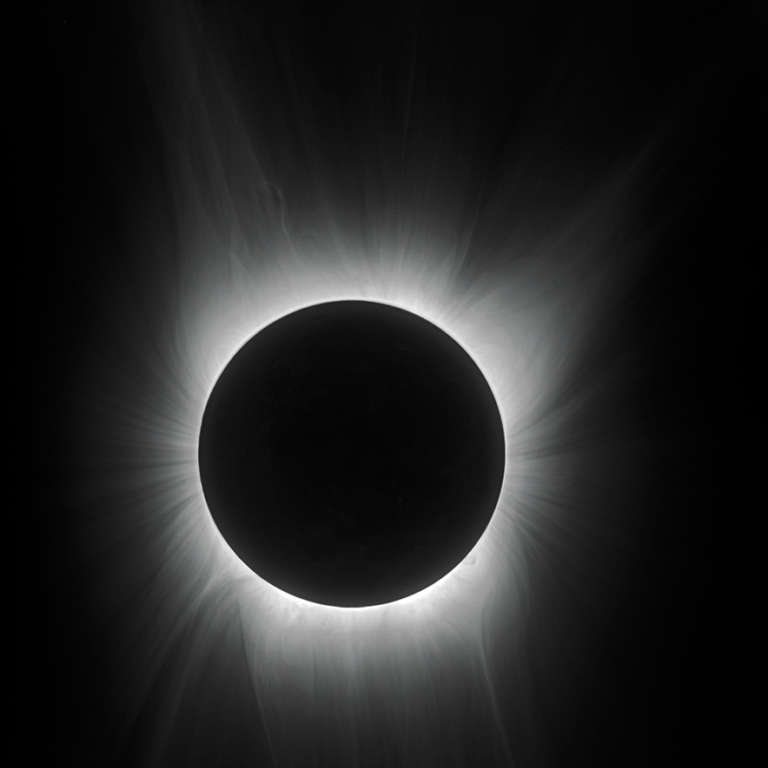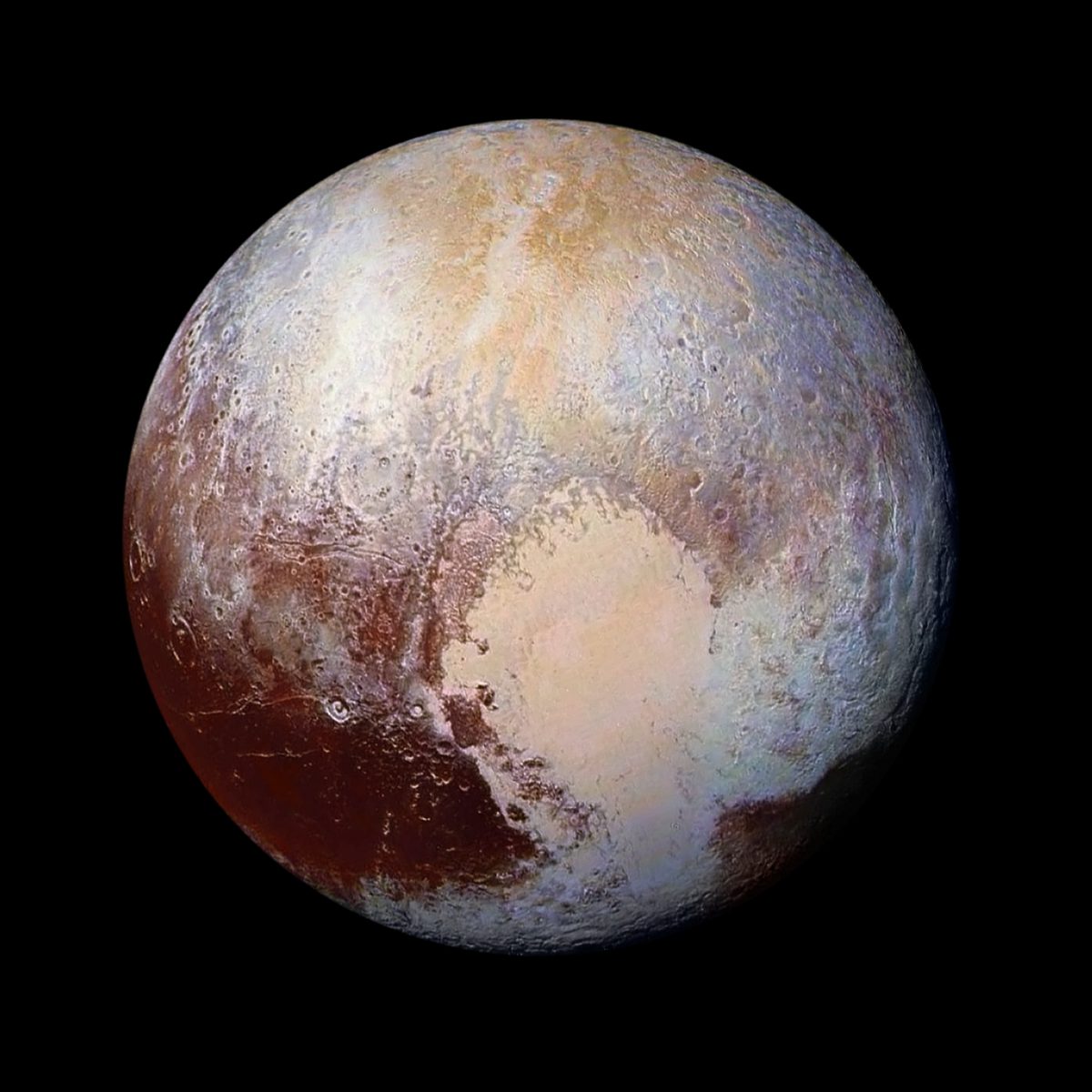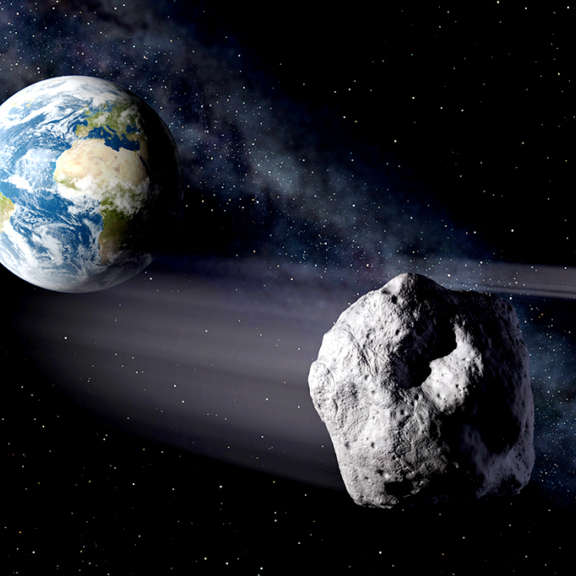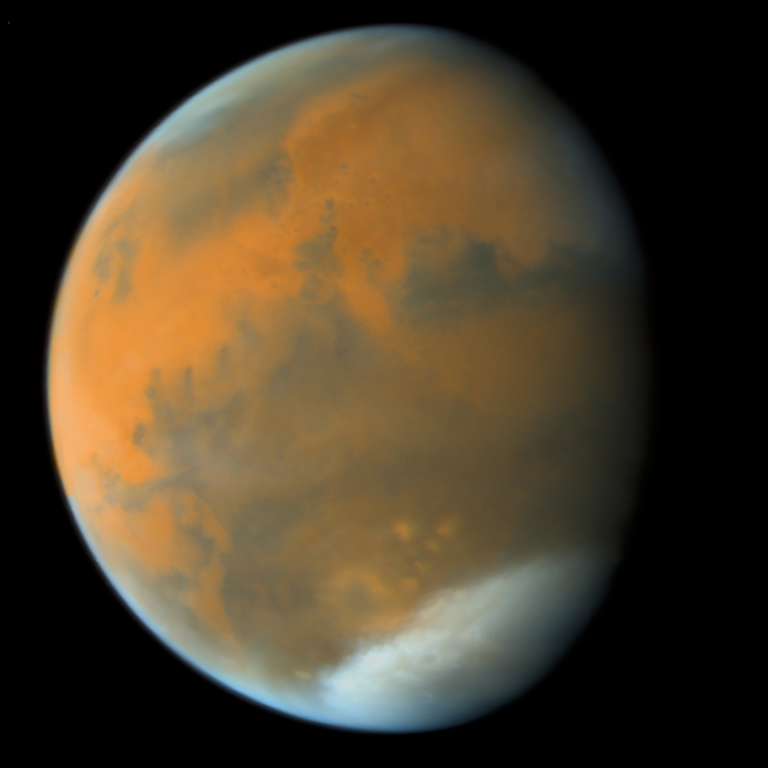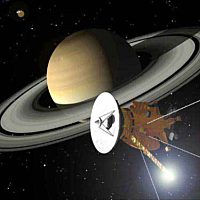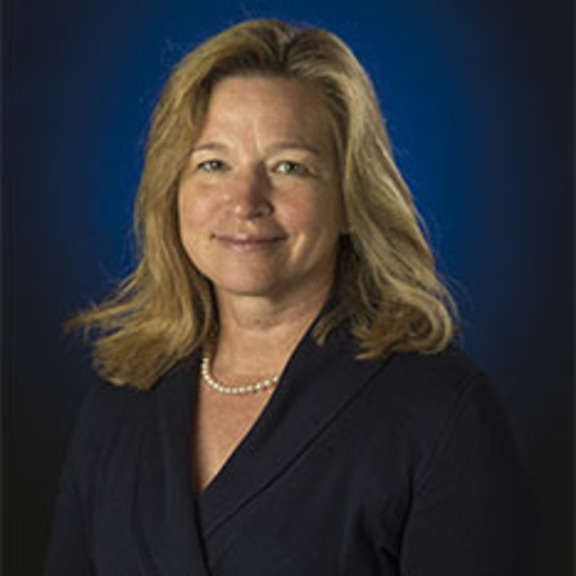Since 2002, Planetary Radio has visited with a scientist, engineer, project manager, advocate, or writer who provides a unique perspective on the quest for knowledge about our Solar System and beyond. The full show archive is available for free.
Search Planetary Radio
It was a big week for the Science Guy, and for science. Bill Nye served as honorary co-chair of the March for Science in Washington DC. His new Netflix series, Bill Nye Saves the World, premiered the next day. Two of the show’s thirteen episodes are devoted to space science and exploration. Bill talks about all this in a special conversation with Mat Kaplan.
The University of Texas at Austin’s observatory is high in the hills of west Texas. In this special episode, Mat Kaplan joins the tens of thousands who visit it each year. The occasion was the dedication of the vastly upgraded Hobby-Eberly Telescope, third largest on Earth.
The Aerospace Corporation has been innovating since 1960. Now it’s headed by a former leader of “New Space” company Virgin Galactic. President and CEO Steve Isakowitz talks about the evolving culture of the space industry.
Whether it’s discovering gravity waves, curing cancer or building a space station, the biggest science challenges increasingly require investments that are beyond what private industry can afford and collaborations that include many nations. Casey, Jason and Mat look at the history of big science and the outlook for future efforts. The team also reviews the 2018 budget proposed for NASA by the Trump Administration, and shares other space policy news from Washington.
Mars was once a warm and wet world. Then its dense, protective atmosphere mostly vanished. Learning why was one of the greatest mysteries in planetary science. The answer has just been delivered by the MAVEN orbiter.
The longtime editor of outstanding online space news source Universe Today has just written about nine robotic missions of exploration in
The Planetary Society’s LightSail 2 solar sail spacecraft is ready to be packed away for its ride to orbit on a SpaceX Falcon Heavy rocket. Mat Kaplan checks the mission’s status with team members.
It’s coming! Will you be in the path of totality? Astronomers Without Borders President Mike Simmons says be there if you can.
Planetary geologist Kirby Runyon is lead author of an abstract that proposes a new, geophysical definition of what a planet is.
Laura Delgado Lopez from the Harris Corporation joins us to talk about the growing number of countries getting into the space business, particularly in Latin America. Casey, Jason, and Mat also take stock of SpaceX's plans to send humans around the Moon in 2018, and how the newly-announced Trump budget cuts could hurt NASA.
The discovery of seven, Earth-sized planets in a nearby solar system was announced last week. Astrophysicist and planetary scientist Sara Seager joins us to share her excitement about this find that includes three planets in the habitable zone.
Leaders of the quest to find, understand and protect ourselves from the asteroids and comets called Near Earth Objects gathered with host Mat Kaplan for a live conversation about this existential threat from space.
Rod Pyle reveals bizarre yet fascinating space projects of the past in his new book. Pyle also exposes previously classified information about missions and spacecraft you thought you knew.
University of Arkansas grad student Rebecca Mickol and her team have demonstrated that some Earth bacteria can survive in the extremely thin atmosphere of Mars. Could Martian bacteria thrive under the same conditions?
It’s still too early to say where the Trump Administration will take NASA, but there are a few hints. Congress is not waiting. Casey, Jason and Mat review a draft of the space agency’s authorization bill and a separate act that asks NASA to lay out its plans for humans to reach Mars.
Planetary Radio’s most frequent guest, Project Scientist Linda Spilker, returns with another update on the Cassini mission that is approaching its grand finale.
Earth’s southernmost active volcano may also be its most remote. Rosaly Lopes and Michael Carroll recently spent a few frigid days on the slopes of Antarctica’s Mount Erebus. What they learned may help us understand volcanos on other worlds.
For well over three years, planetary scientist Ellen Stofan has worked directly with NASA Administrator Charles Bolden to help coordinate and expand the myriad science efforts by the agency. We talk with her as she ends this remarkable tenure.
We are joined by British physicist turned comedian and actor Ben Miller, author of The Aliens are Coming! The Extraordinary Science Behind our Search for Life in the Universe.
After an opening update on the presidential transition, Casey, Jason and Mat share their nominees for the biggest space exploration events of 2016. Then they take on fascinating questions submitted by listeners. You’ll also hear the surprising early announcement of NASA’s next Discovery missions.


 Explore Worlds
Explore Worlds Find Life
Find Life Defend Earth
Defend Earth


